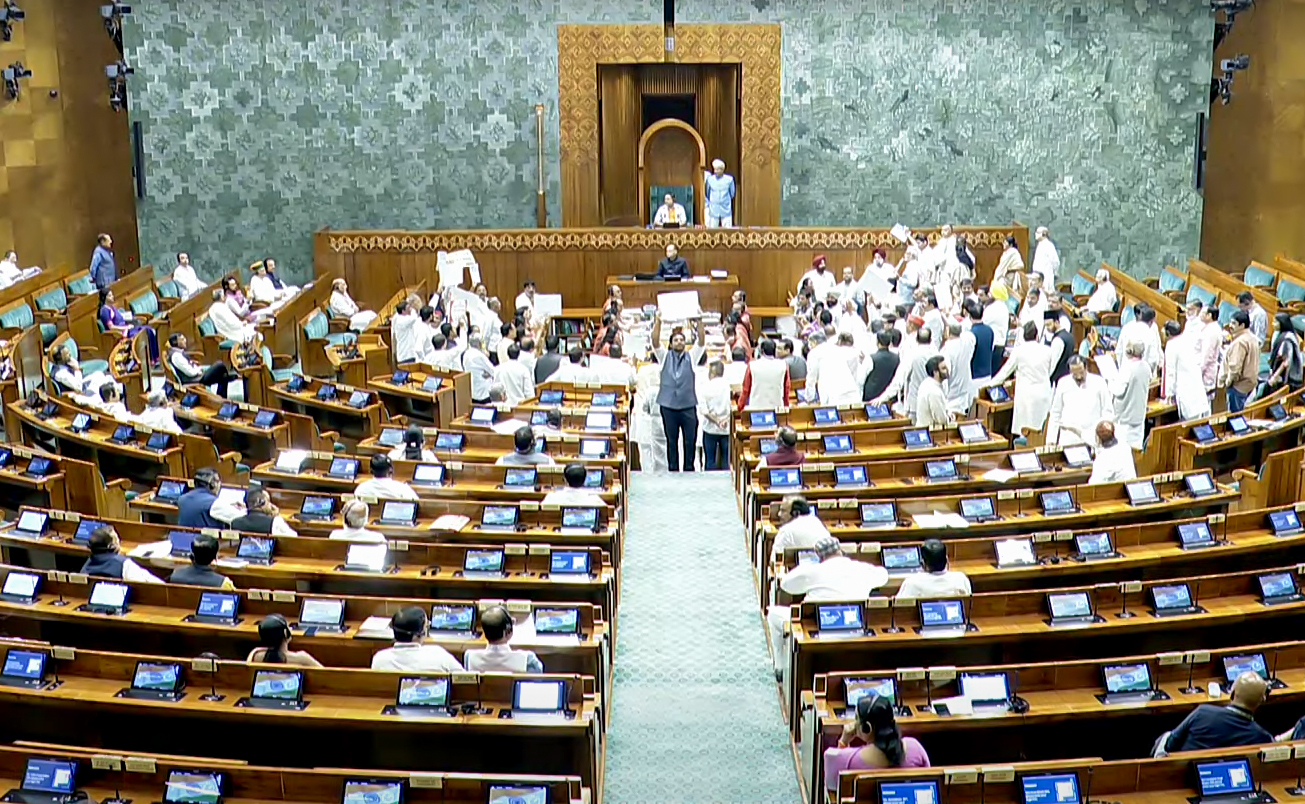The Rajya Sabha on Tuesday passed the Mines and Minerals (Development and Regulation) Amendment Bill, 2025, aimed at promoting sustainable mining, zero-waste practices, and advancing the objectives of the National Critical Mineral Mission. The bill follows its earlier passage in the Lok Sabha last week amid opposition demands for debate on Special Intensive Revision (SIR) in Bihar.
Union Minister for Coal and Mines, G. Kishan Reddy, said the Modi government is committed to transparency in the mining sector, with production enhanced through the use of modern technology. He highlighted that critical minerals, vital for sectors including electric vehicles, batteries, LEDs, automotive parts, machines, and space applications, were largely neglected before 2014, leaving India dependent on imports.
Under the National Critical Mineral Mission, the government has identified 24 critical minerals and is promoting domestic production through onshore and offshore exploration. The first auction of offshore mineral blocks, including polymetallic nodules in the Andaman Sea, was launched in November 2024. India is also exploring critical minerals abroad, signing agreements with countries like Argentina and Zambia to facilitate resource development.
Reddy noted that coal imports have reduced significantly, and states now have sufficient supplies for power production. He alleged that corruption and nepotism plagued the mining sector prior to 2014. The bill empowers the government to facilitate mineral trading through exchanges, allow the sale of mineral dumps to reduce environmental hazards, and promote extraction of deep-seated minerals.
The legislation also expands the scope of the National Mineral Exploration Trust, renaming it as the National Mineral Exploration and Development Trust, and increases the royalty contribution from two to three per cent. It provides mechanisms to include new minerals in existing leases and incentivises the production of critical and strategic minerals.
Officials highlighted the significance of these reforms amid global supply chain challenges for critical minerals, with the Ministry of External Affairs and the Ministry of Mines actively engaging in bilateral and multilateral cooperation to secure stable supplies. Agreements have been signed with countries including Australia, Argentina, Zambia, Peru, Zimbabwe, Mozambique, Malawi, and Côte d’Ivoire, as well as international organisations such as the International Energy Agency.














